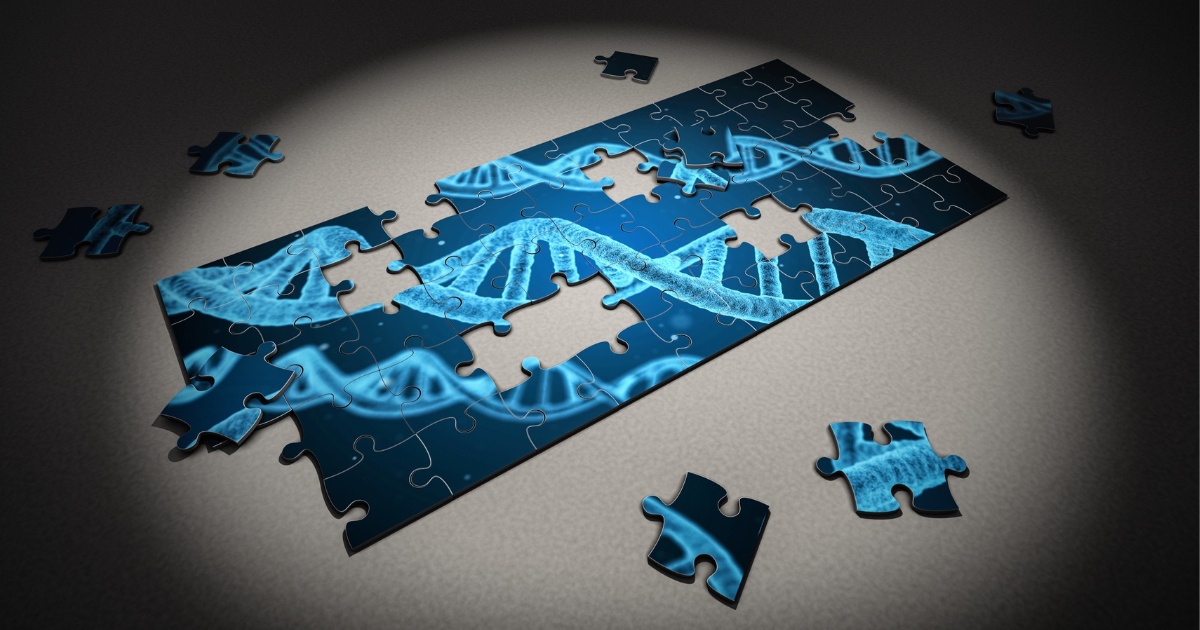In the United States, 11.3 percent of adults aged 18 and older have an alcohol use disorder.¹ For people with an alcohol addiction, drinking is more than just a way to relax. It becomes a habit that leads to chronic and compulsive use. But what are the underlying causes of alcoholism? Learn more about who is at risk of developing this disorder.
What Is Alcohol Addiction?
Alcohol addiction is a condition characterized by the inability to stop drinking, despite the negative consequences it causes. It is a brain disorder that can range from mild to severe and can affect all aspects of your life.
Short-term effects of heavy drinking include²:
- Memory loss
- Blackouts
- Hangovers
Long-term effects of heavy drinking can or may include:
- Heart disease
- Serious memory loss
- Stomach problems
- Liver disease
- Brain damage
- Cancer
Alcohol use disorders can also impact your mental health. Prolonged alcohol misuse makes changes to your brain, increasing your likelihood of developing depression and anxiety disorders.
Alcohol addiction affects the brain’s communication pathways, making it harder for the areas of your brain that control balance, speech, and judgment to function as they need to. Long-term alcohol misuse can also change the size of the neurons in certain areas of your brain.³
Underlying Causes of Alcoholism
Alcohol addiction can have many causes, including genetic factors, psychological influences, and more.
Genetic Factors of the Underlying Causes of Alcoholism
If you have a family history of alcohol use disorders, you have a higher risk of developing one yourself. There are genetic and hereditary factors at play. Although there is no “alcoholism gene,” genetics can affect not only your risk of developing the condition but also your level of alcohol consumption and how it impacts your body.⁴
The genes that have the clearest connection to the development of an alcohol use disorder are those that handle alcohol metabolism. If you have a variant of the ADH1B gene that works more slowly than other types, you are more at risk of developing an alcohol use disorder.⁵
Early Drinking Due to the Underlying Causes of Alcoholism
People who were exposed to alcohol and other substances in early life are also more at risk of developing a substance use disorder. Those who begin drinking before the age of 15 are five times more likely to have an alcohol problem in the future.⁶ Scientists think this is the case because alcohol affects the brain as it develops, increasing a vulnerability to dependence.
Early drinking can also increase the chances of having multiple episodes of alcoholism, having episodes of longer duration, and having a wider range of symptoms than those who started drinking later.⁷
Social Factors Due to the Underlying Causes of Alcoholism
Discrimination and stress can increase the risk of developing an alcohol use disorder. To cope with extreme stress levels, people often turn to substances, including alcohol.
Discrimination is a key social stressor that causes changes to the body, including an increased heart rate, elevated blood pressure, and the release of stress hormones. All of this can lead to seeking relief from substances.⁸
Immigration can also be a social stressor that leads to alcoholism. One theory is that immigrants encounter difficulties as they transition into a new society, including finding employment, learning a new language, and more. Alcohol use can be a way to manage these stressors for immigrants, potentially leading to alcohol use disorder development.
Peer pressure is another social factor that can influence the development of an alcohol use disorder. Sometimes, peer pressure can be overt, with people offering drinks directly or encouraging you to drink. It can also be less direct. It can occur through social modeling, where seeing popular and successful people drinking can encourage you to drink as well.
Peer pressure also includes marketing practices. Manufacturers of alcohol bombard the public with advertising that depicts alcohol as something fun and relaxing to consume.
Environmental Factors
Having easy access to alcohol can also put you more at risk. People who live close to bars or other drinking establishments tend to have a more positive view of alcohol.⁹
Those who have negative or unstable living conditions have a higher risk as well. Living in poverty or dealing with domestic violence can lead you to self-medicate with alcohol to relieve the stress these conditions cause.
Psychological Factors Due to the Underlying Causes of Alcoholism
If you have a mental health concern like anxiety or depression, you can also have a higher risk of developing an alcohol use disorder.
The debilitating symptoms that mental health conditions cause can lead you to seek ways of getting relief, which can lead to alcohol use. Although alcohol can appear to help with symptoms at first, it can worsen them in the long run because it causes even more chemical instability in the brain.
Your body becomes dependent on alcohol, losing interest in anything else. Alcohol addiction, like other substance use disorders, can make it impossible to feel pleasure from anything besides the substance because it floods your system with dopamine. As a result, your body’s pleasure receptors become less sensitive.
Get Treatment for Alcohol Use Disorders
The best way to break free from the cycle of addiction is to turn to professionals for help. Alcohol treatment programs offer intensive therapy sessions to help you understand the underlying causes of alcoholism while also helping you learn about your triggers. Therapists can help you find healthy ways of coping with stress and difficult emotions.
At Wolf Creek Recovery, we offer a three-phase treatment that begins with individual, group, and family therapy sessions and an introduction to 12-step programs. We can also help you get the right level of medical detox so that you do not have to suffer through the dangerous withdrawal symptoms that alcohol can cause.
Let us help you find your sobriety using some of the best evidence-based therapies.
If you have been searching for an “alcohol rehab near me,” we can help. Contact Wolf Creek Recovery in Prescott, AZ, today to speak with our experts.
Sources:
[1] https://www.niaaa.nih.gov/publications/brochures-and-fact-sheets/understanding-alcohol-use-disorder [2] https://www.apa.org/topics/substance-use-abuse-addiction/alcohol-disorders [3] https://www.niaaa.nih.gov/publications/alcohol-and-brain-overview [4] https://www.ncbi.nlm.nih.gov/pmc/articles/PMC4056340/ [5] https://www.nature.com/articles/6500471 [6] https://www.dosomething.org/us/facts/11-facts-about-teens-and-alcohol#fnref5 [7] https://www.niaaa.nih.gov/news-events/news-releases/early-drinking-linked-higher-lifetime-alcoholism-risk [8] https://www.ncbi.nlm.nih.gov/pmc/articles/PMC4872611/ [9] https://www.ncbi.nlm.nih.gov/pmc/articles/PMC3896999/
Finding purpose in pain is what Jonathon does best. He is a strong advocate for those suffering from substance use disorders. As a person in recovery, Jonathon knows how important it is to receive empathy and compassion. He recognizes that each person comes from a different set of circumstances and deserves to be valued and respected.
With a fresh perspective and compassionate attitude, Jonathon works closely with clients to help them let go of the past and know when to take necessary risks. The recovery process is ongoing, which means people need to move forward while applying the skills learned in treatment. Jonathon is a great motivator when it comes time for this!
Jonathon also places emphasis on the family unit and how it can make or break the recovery experience. Individuals with active, supportive families have far better outcomes. Jonathon realizes that it’s impossible to move mountains overnight, but with the right support team and positive attitude, anything is possible.












